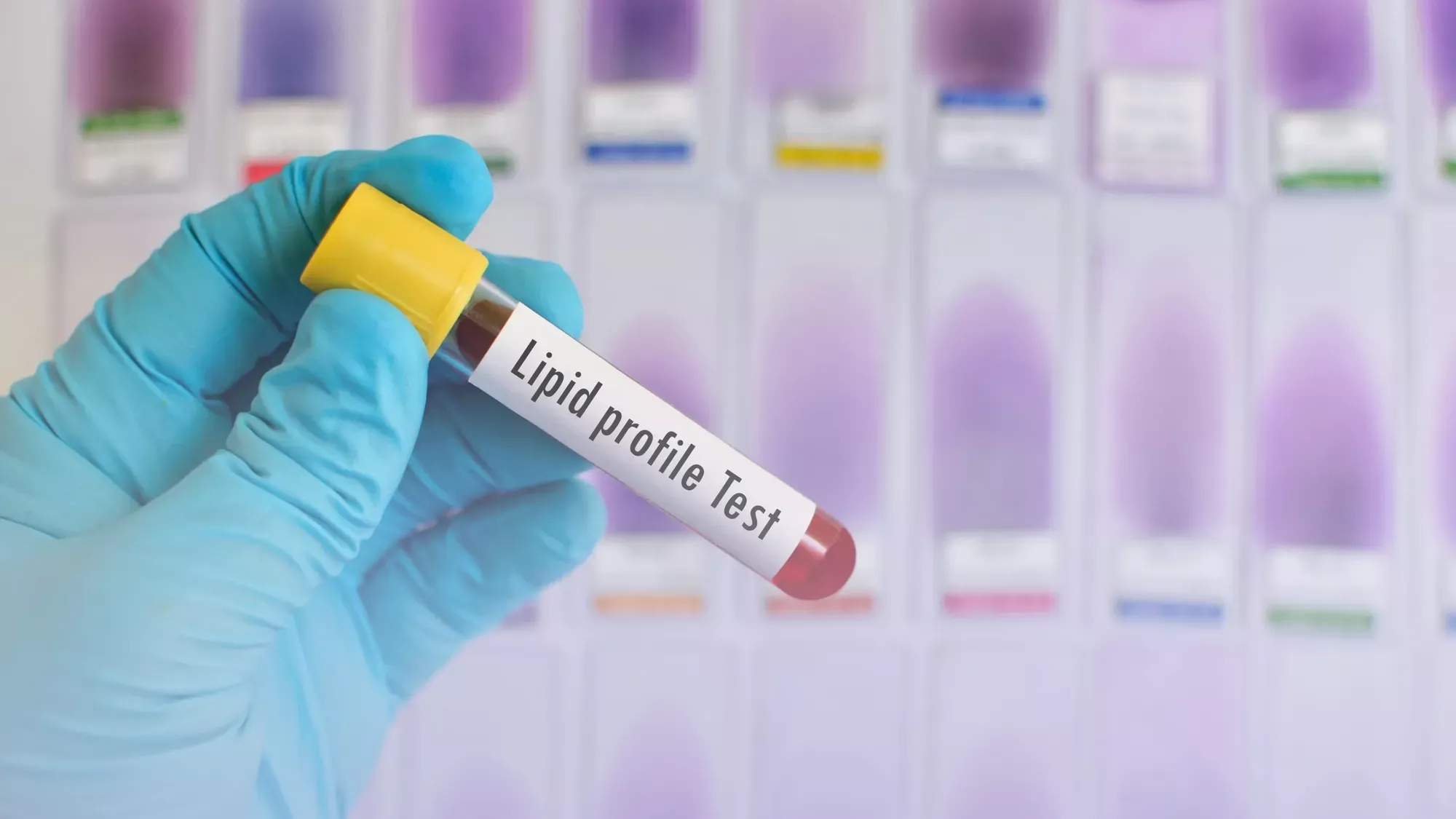SC halts mosque survey orders, restricts lower courts in pending cases
.gif)
.gif)

India has unveiled its inaugural guidelines aimed at helping individuals manage high cholesterol, a condition known as dyslipidemia. These guidelines, released on July 4 by the Cardiological Society of India (CSI), mark a significant step in addressing cardiovascular health in the country.
Dyslipidemia refers to an imbalance of lipids (fats) in the blood, which can lead to elevated levels of total cholesterol, LDL-cholesterol (bad cholesterol), triglycerides, and low levels of HDL-cholesterol (good cholesterol). This condition, often dubbed the "silent killer" due to its asymptomatic nature, is a major risk factor for heart disease, strokes, and peripheral artery disease.
Cardiologists worldwide, including those in India, have been guided by the 2019 standards set by the European Society of Cardiology. The newly released Indian guidelines provide tailored recommendations for managing dyslipidemia through strategies such as dietary changes, regular exercise, and appropriate medication.
These measures are crucial for reducing the incidence of cardiovascular diseases, emphasizing early detection and effective management of dyslipidemia across the population.